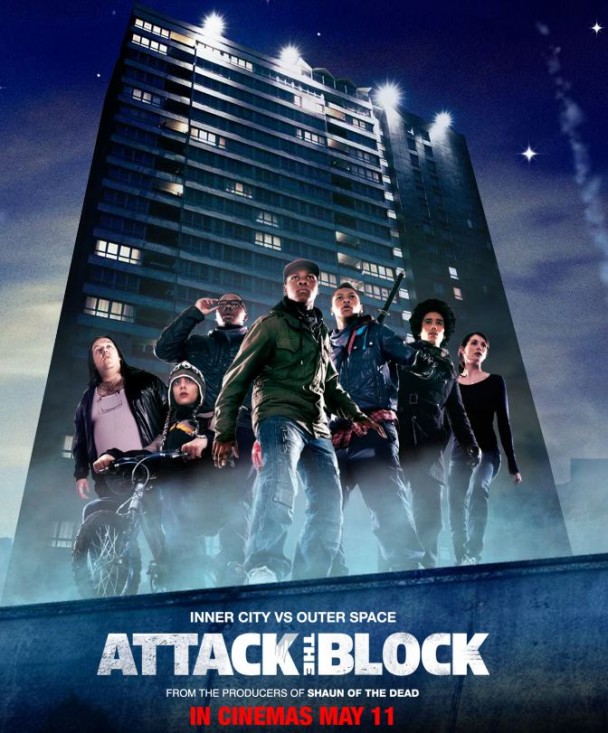Al Ewing is real, despite the Dallas-sounding name, and he has written a fantastic novel about fiction vs. reality. It's an easy book to read, but that's not to suggest it is only fun pulp. At times it confuses you as to where it is heading, and often brings up troubling and complex emotional scenarios. This is a book that can combine serious relationship issues, personality crisis, fan parody, spoof humour, gratuitous sex and violence and social comment all in a couple of paragraphs.
Ewing presents us with an alternate present, one where human cloning exists. Hollywood is full of 'Fictionals' - clones developed as fully-fledged fictional characters by writers and brought to life in labs, made to act in films and shows alongside real stars. Niles Goran, a 'real' person, is a hack author of Jack Reacher-esque thrillers whose personal life is a shambles. His only confidants aren't even 'real' - his counsellor, a Fictional who played a TV shrink, and his best and only friend, a Fictional created for a superhero series. He is asked to write a remake of a Flint-style 60's spy spoof which for the proud yet floundering novelist would mean one of his characters would be made into living, breathing Fictional. However, as complications ensue, Niles begins to question his own reality and what he really feels about these clones.
As we explore this world through Niles's story, the fun of the scenario becomes clear - much enjoyment seems to be had by Ewing in rewriting cultural history, and references to everything from Jaws to Weekend At Bernies, Batman to Bond abound. As the Fictionals are designed to BE the character they play- a true 'meat puppet'- jokes such as an old-school Sherlock helping the police, dumbly assisted by an 'Action Holmes', or how Dexter as played by a clone got a little too carried away, fly off the pages.
However, despite Ewing's clear talent shining through as with his work for 2000AD and his earlier novels, with interesting shifts in style and format, I found myself struggling to enjoy this story at the half-way mark. The British author writing about a depressed, arrogant British author struggling with his writing felt self-absorbed at times. It stank of a Mary Sue situation, a writer using his surrogate to bitch about critics and the world in general. The regular giggly 'you know what I'm referring to here, right?' nature of the pop references also began to grate, making me think of the South Park spoof of Family Guy's reference generator machin... oh shit now I'm doing it...
And, worst of all, the device of Niles narrating an alternative reality to each scene in italics began to annoy me; used, it seemed, far too frequently, and too like the tired filmic trick of seeing something happen that turns out to be all in the character's head - which, after making me laugh as a kid at Dream On, now it poisons my blood....(Actually I mainly watched Dream On for the nudity, so maybe it was never funny...).
Yet then something wonderful happens with this book. I realised all these apparent flaws were intentional and designed to highlight Niles's neurosis. Niles's existential dilemma and attempts to finish his movie pitch begin to shift things in an intriguing way. His friendship with the Fictional and his dealing with his ego become far more central than the Hollywood biz story. His narration of his own life is shown to be a major personality flaw, one he tries to overcome, and the constant refs are revealed to highlight the smudged reality Niles has to navigate. Ewing started to really play with my brain in the second half of the story. What is real, other than what we each believe, or tell ourselves to believe? Is a clone any less human than a 'womb-born'? How much do we surround ourselves with lies to make ourselves feel better, and can one person ever really know another? Are love and friendship just fictions with a finite life?
This book became far more than the Futurama-meets-Blade Runner stunt it appeared at first, and although the humour continued, by the perfect and almost gentle ending I was very impressed. Managing to combine explorations on writing, author ownership, identity, sexual disfunction and Hollywood business, whilst never losing its playfulness, and including some wild tangents, this is a superior read and I can't wait for Ewing's next.
The Math
Baseline Assessment : 6/10
Bonuses: +1 for the dark and serious ideas behind the spoofs and winks; +1 for the sly digs at media coverage and bad movie-making; +1 for the ending; +0.5 for the use of the phrase 'Action Holmes'.
Penalties: -1 for indulging too much in the self-narration; -1 for underwritten support characters, particularly women; -0.5 for reminding me Scrubs exists.
Nerd Coefficient: 7/10. "A mostly enjoyable experience."
Read about our scoring system, in which a sufficiently random sample of books would normally distribute around 5, here.






































.jpg)
.jpg)